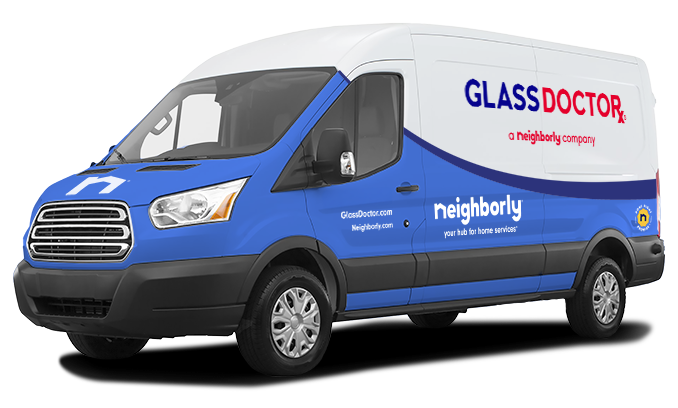Glass Doctor emphasizes the importance of ADAS calibration for vehicle safety.
|
Driving a car can be dangerous, especially if someone swerves or drifts out of their lane unexpectedly. Fortunately, there's a way for your car to warn you whenever you doze off or leave a lane.
That's one application of Advanced Driver Assistance Systems, or ADAS. From adaptive cruise control to automated breaking, ADAS helps to prevent automotive deaths and injuries by reducing the human errors that can cause accidents.
If your car has ADAS but the sensors aren't working correctly, then you may be susceptible to unexpected incidents on the road. That's why ADAS calibration will almost never be an unnecessary repair. It involves aligning sensors in your car so that they function properly.
Calibrating your vehicle ensures that it's operating at its best. Learn more about the importance of ADAS calibration by exploring the following topics:
- ADAS calibration in a nutshell
- When to recalibrate your car
- FAQs about advanced driver assistance systems
- Find a Glass Doctor in your local area
ADAS Calibration in a Nutshell
Driver safety is crucial to prevent accidents on the road — and calibrating your car can help. But what is ADAS calibration?
It is a process that involves aligning a car's cameras and sensors so that its built-in ADAS system can work properly. ADAS sensors in a new car are professionally set to their factory-standard positions. Throughout a car's life, however, these sensors can become misaligned from collisions, minor fender benders, or even repairs or parts replacement.
For example, windshields control many ADAS systems in a car. So your vehicle's front-facing camera must be recalibrated after a windshield replacement. Your entire system will be affected if the camera is even a couple of millimeters off center.
Unfortunately, sensors don't have self-diagnostic functions to signal drivers that it's time for calibration. That's why it's important to have your car inspected and calibrated by a professional.
Some ADAS car safety features include:
- Driver drowsiness detection
- Pedestrian detection system
- Hill descent control
- Rear collision warning
- Lane departure warning system
- Parking sensor/park assist
- Adaptive cruise control
- Blind-spot monitor
- Collision-avoidance system
When to Recalibrate Your Car
It's crucial to recalibrate your car any time its sensors are disrupted. Many manufacturers recommend doing so if the following occurs:
- If your windshield is cracked, the heads-up display and rain sensors should be recalibrated.
- If you get into a car accident, then your mirrors and lane departure warnings need to be recalibrated.
- If you experience a fender bender, the bumper sensors should be calibrated.
- If your car gets a wheel alignment, repairs, or parts replaced, you should recalibrate.
ADAS calibration requires computerized equipment, tools, and specialized training. Each of the disrupted sensors must be precisely positioned on your car so that it can perform at its best.
Your local Glass Doctor specializes in ADAS calibration and has the proper tools and experience to get the job done right. Get in touch with our service professionals at your nearest Glass Doctor today!
FAQs about Advanced Driver Assistance Systems
When is ADAS calibration necessary?
Your vehicle's ADAS can be affected for a number of reasons, including:
- Collision repairs
- Windshield replacement
- Parking sensor replacement
- Bumper replacement
- Windshield replacement
- Wheel alignment
How much does ADAS calibration cost?
The cost of your ADAS calibration will depend on which car safety features need to be addressed. We recommend calling a Glass Doctor near you to set up an appointment.
Will my insurance cover ADAS calibration?
Most auto insurance covers ADAS calibration expenses. However, it's important to call your insurance company to confirm what is and isn't covered.
Can I recalibrate ADAS on my own ?
Recalibrating your car's systems requires extensive training, knowledge, and expensive equipment. It's best to contact a service professional to perform the job for you.
Find a Glass Doctor in Your Local Area
Our service technicians have decades of expertise and the proper equipment to calibrate your car right the first time around.
Learn more about our ADAS calibration capabilities, including windshield replacement calibration.
You won't regret it — give us a call or request an appointment online.

